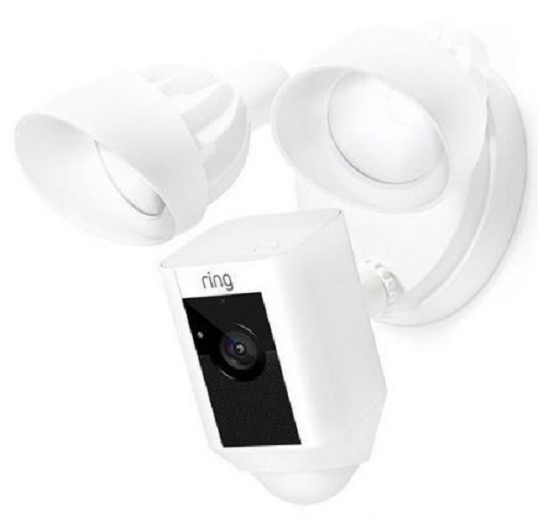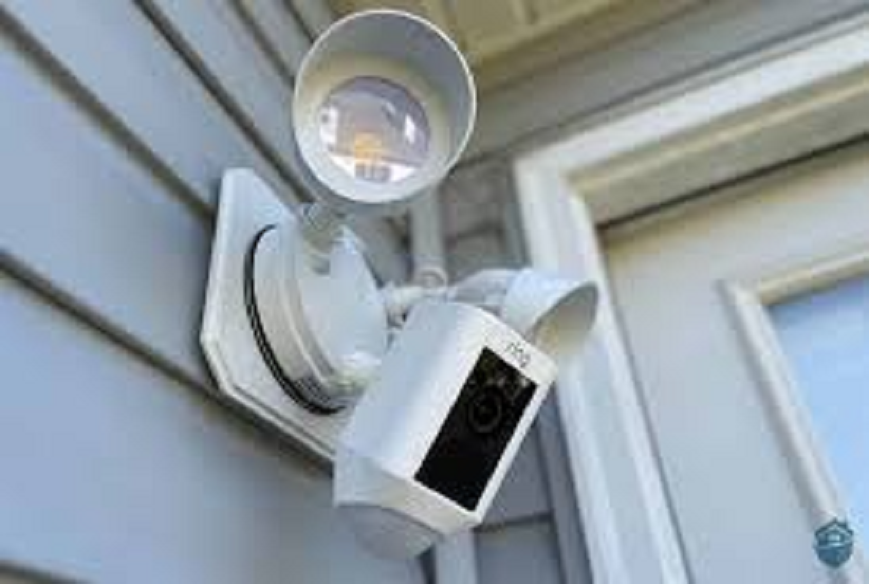Steven Crowder, a conservative political commentator known for his “Louder with Crowder” show, has often discussed privacy and security concerns. One issue that has become increasingly pertinent in today’s connected society is the use of smart home security systems, like those offered by Ring Cameras. These devices, which include doorbells with integrated cameras, have sparked discussions regarding safety, surveillance, and privacy. Crowder has addressed such topics, underscoring the importance of balancing technological benefits with individual rights.
Exploring the Intersection of Technology and Privacy
The intersection of technology and privacy is a complex and ever-evolving issue that has garnered significant attention in recent years. As smart devices, such as those produced by Ring, become more integrated into daily life, the impact on privacy becomes a growing concern. This topic is especially relevant in discussions surrounding surveillance, data security, and personal freedoms.
The Growth of Smart Home Devices
Convenience vs. Privacy Concerns
Smart home devices, including cameras, voice assistants, and thermostats, offer unprecedented convenience by allowing homeowners to control various aspects of their home environment remotely. However, these conveniences come with privacy trade-offs, as devices collect and process large amounts of personal data, which could potentially be accessed by unauthorized parties or misused.
User Consent and Data Ownership
One major concern is whether users are fully informed and genuinely consent to the data collection practices of smart device manufacturers. The fine print of user agreements often contains details about data handling that may not be clear to the average consumer. This raises questions about data ownership and the rights of individuals to control their personal information.
Surveillance in the Public and Private Spheres
Impact on Community Relationships
The use of surveillance cameras, such as Ring’s doorbell cameras, extends beyond individual homes and into the public domain. These devices often capture footage of public spaces, affecting not just the homeowner but also neighbors and passersby. The implications for community relationships and social norms are profound, as individuals may feel watched or scrutinized in their daily activities.
Law Enforcement and Ring Partnerships
The partnerships between Ring and law enforcement agencies have sparked debate over the benefits of such collaborations against the potential for overreach and the erosion of civil liberties. While access to camera footage can assist in criminal investigations, it also poses a risk of creating a de facto surveillance network without the robust checks and balances typically required for law enforcement surveillance operations.
The Role of Regulation
As technology continues to advance, there is a growing need for regulations that protect consumer privacy while still allowing for innovation. Lawmakers and privacy advocates are calling for clearer standards and greater transparency in how companies collect, store, and use data.
Empowering Users to Protect Their Privacy
There is a concerted effort to educate users on the importance of privacy settings and security measures. Users must be proactive in understanding the capabilities of their devices and take steps to secure their personal information. This includes using strong passwords, enabling two-factor authentication, and regularly reviewing privacy settings.
Security or Surveillance: A Discussion Led by Steven Crowder Ring Cameras
Analyzing the Pros and Cons of Ring Cameras
In tackling the subject of Ring cameras, Crowder would likely explore the advantages of having a smart security system, such as deterring crime and aiding in the capture of criminals. Conversely, he would also consider the potential downsides, like the collection of data without explicit consent and the possibility of hacking.
Crowder’s Perspective on Privacy Rights
Given Crowder’s political stance, he might argue for greater consumer awareness and control over their data. He may advocate for policies that protect homeowners’ rights to safeguard their property while also ensuring the privacy of individuals who may be inadvertently recorded by such devices.
Conclusion
While a comprehensive article covering Steven Crowder’s views on Ring cameras and the broader implications for privacy and security would be extensive, such a topic might entail. Addressing the complexities of modern surveillance technology, as Crowder may do, requires a careful examination of the legal, ethical, and societal dimensions of the issue.
